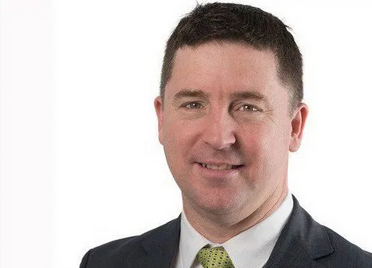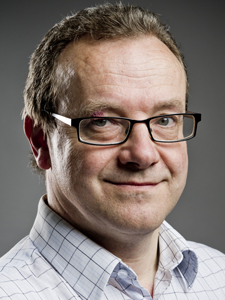Forced silence – Speaking up
Throughout Christian history there have been plenty of times when we’ve found ways to speak even when there has been tremendous pressure not to. Think of the apostles before the Sanhedrin, or Paul before the Roman authorities – radically claiming to be answerable to God rather than men.
This speech wasn’t a revolutionary rejection of all state power – you still must render to Caesar that which is Caesar’s, and Caesar will bear the sword to enforce justice. Sometimes they paid for this speech with oggings and imprisonments. But Caesar’s power over them is not absolute. Instead, it is delegated and limited. The first Christians, like the Jews before them, would not join in the worship of the empire. And when they were told to be silent they chose to obey the God who told them to speak.
When they spoke their message wasn’t always welcomed. They were disparaged as atheists, impious and unbelievers. By not joining in the worship of the gods of the city they were seen as threatening the security of the city.
When the apostles speak we are quick to count the converted but can be slow to see the riots and anger they also produced. From the very first, Christian speech about Jesus is divisive and confronting. It is always spoken to a world with competing ideas and idols. Too often, it is spoken in a context of persecution and pressure to be silent.
We know that gospel speech saw the kingdom of God grow. What we don’t always appreciate is that this same speech changed the way Romans understood freedom itself. The term “religious freedom” was first coined by Tertullian, an African lawyer and Christian apologist in the third century. Writing at a time of severe persecution he said to the Roman authorities: “See that you do not give a reason for impious religious practice by taking away religious freedom and prohibiting choice in divine matters, so that I may not worship as I wish, but am forced to worship what I do not wish. No one wishes to be venerated unwillingly, not even a human being”.
Notice how Tertullian’s Christian faith gave him the building blocks for this radical new concept of religious freedom. The Christian religion wasn’t just a matter of loyalty to city and emperor – this was a love and loyalty deeper than that of “king and country”. This new faith saw people from many nations give allegiance to a heavenly king and kingdom. It depended on the freedom to have and express a faith that may well be at odds with the city or ruler.
The story of how “religious freedom” was developed in the centuries since is too long to tell here. The short version is that the people most passionate and principled about religious freedom were almost always the persecuted. The church’s history is both prouder and more terrible than we often hear.
Long before any Enlightenment notions of liberty, equality and fraternity, persecuted Puritans were preaching about the evil conduct of the persecuting Church of England! Anglicans were locking up Baptists, Brethren and other suspicious types who wouldn’t swear allegiance to God, king and country. So the persecution of people like 17th-century preacher (and emigrant to the American colony) Roger Williams, and others, would lead to a very different American settlement between church and state. To quote Williams, “forced worship stinks in the nostrils of God”.
The point is that wherever a culture has tried to work out how to get along well despite different beliefs, Christians have been at the forefront of that conversation. Deeply informed by their faith, they have made a contribution to the common good and produced answers to the question of how people with radically different views can get along without bloodshed.
They haven’t always said the same thing. They certainly haven’t always got it right. But they’ve been there. Right through into the 20th century and the development of the United Nations and human rights law, Christians have played a proud part.



